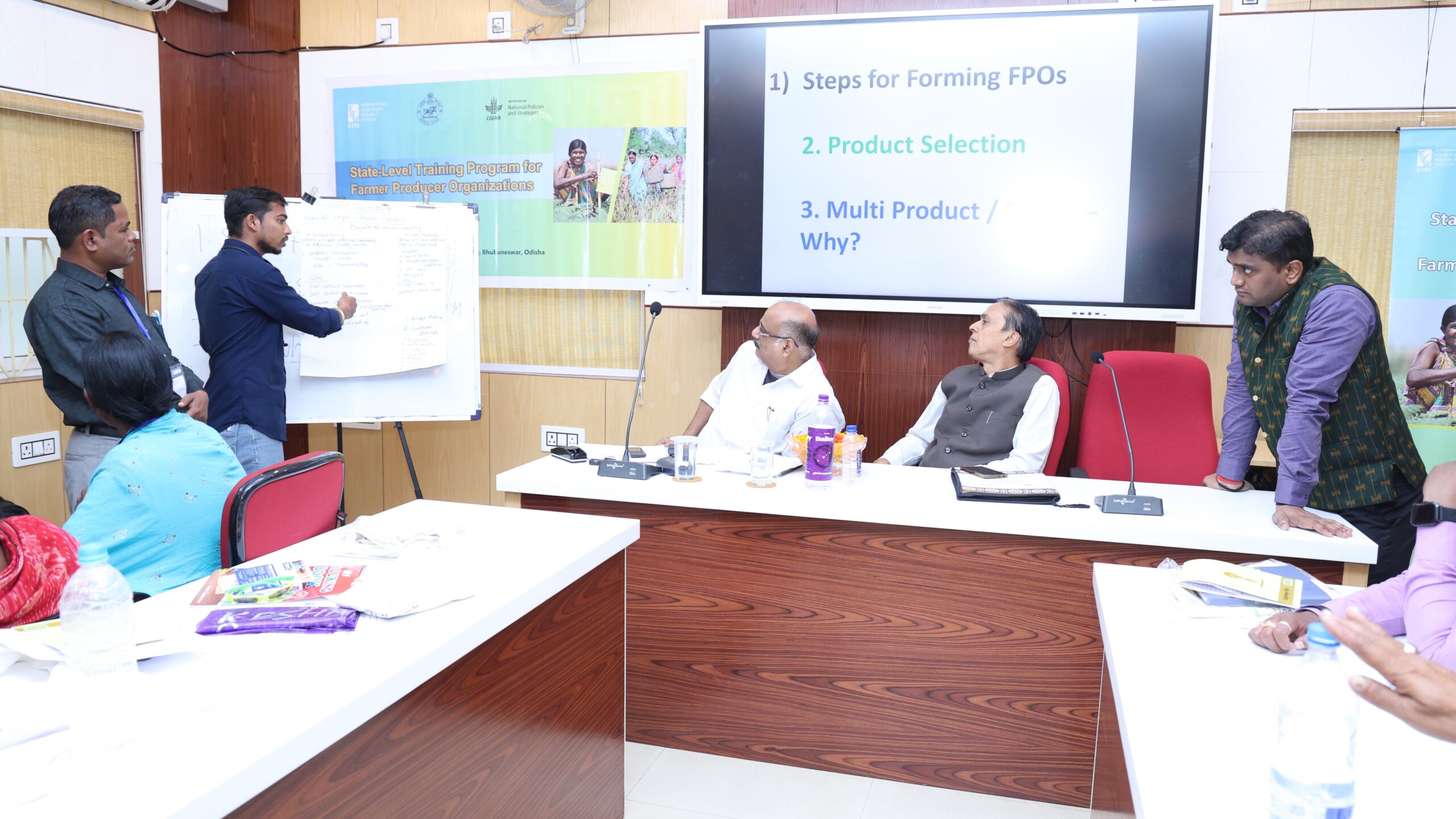Bangladesh has made impressive strides towards poverty reduction in the last decade. However, women continue to bear the burden of extreme poverty and malnutrition, a result of long-standing gender bias in the allocation of food and other resources within the household. In a special issue of the Journal of Development Effectiveness, Agnes Quisumbing, Neha Kumar, and Akhter Ahmed examined the impact of two anti-poverty programs—food and cash transfer programs and the introduction of new agricultural technologies—on the well-being of rural men and women in Bangladesh.
Development interventions in Bangladesh employ various strategies to target resources to women. In a study comparing the long-term impacts of using individual and group-based approaches, women’s assets grew faster than their husbands when group strategies were used to support adoption of improved vegetable varieties and polyculture fish technologies. This suggests that building community support for women’s groups may enhance the success of future antipoverty interventions.
Another study on the impact of vegetable production on well-being revealed little monetary gain compared to fish production, but showed improved nutrition outcomes for rural women and children who were early adopters of the technology. However, other factors such as differences in dissemination strategy must be considered when evaluating results of a development intervention, as these also influence the outcome of agricultural technologies.
The authors conclude that these studies of anti-poverty interventions in Bangladesh have underscored the need for continued systematic evaluation of development programs in order to know their impact, share learned experiences, and determine how successes can be scaled up. Policy and evaluation research is also a powerful resource that should be utilized more consistently by NGOs and governments to guide their program implementation.







